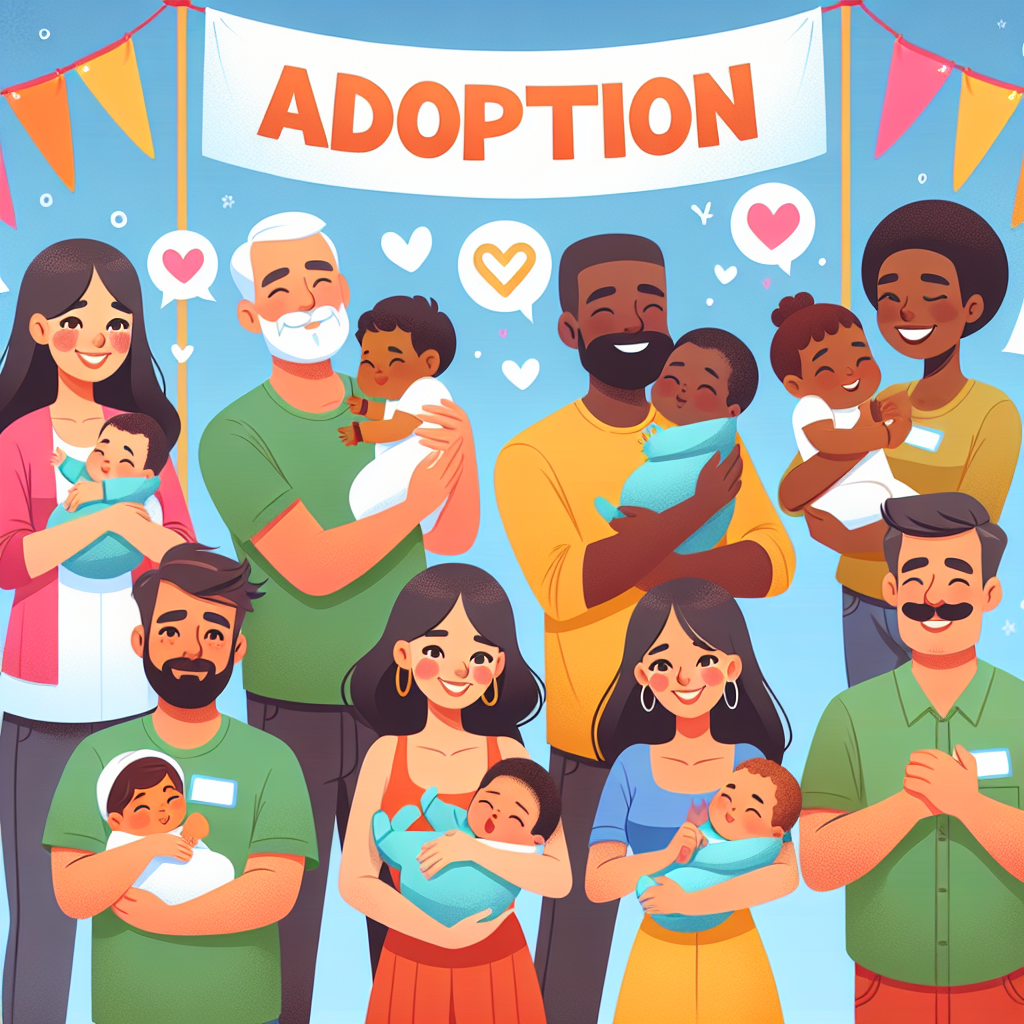Lost Identities: The Dark History of South Korean Overseas Adoptions
The South Korean Truth and Reconciliation Commission revealed grave human rights violations in overseas adoptions, including forged orphan classifications and identity tampering. It urged the South Korean government to apologize, investigate further, and implement relief measures for affected adoptees. The findings demand renewed commitment to protect adoptees' rights.

- Country:
- South Korea
For decades, South Korean adoption agencies sent children overseas, often labeling them as orphans despite having living parents, according to a Truth and Reconciliation Commission report. This practice led to numerous instances of identity tampering and deliberate substitution of babies when the intended adoptee had died.
The commission's two-year investigation revealed human rights violations in at least 56 adoption cases from 1964 to 1999. They highlighted how adoption agencies, in compliance with foreign demands, prioritized international adoptions instead of developing domestic welfare systems, revealing unsettling visuals like a 1984 image of babies on an airplane tagged 'Children sent abroad like luggage'.
Recommendations included an official apology from the government, ratification of the Hague Adoption Convention, and relief measures for affected adoptees. Chairperson Park Sun-young emphasized the urgent need to rectify past misdeeds and support the identity reconciliations of all adoptees involved.
(With inputs from agencies.)
- READ MORE ON:
- adoption
- South Korea
- Truрlace Commission
- overseas
- orphans
- identity
- rights
- agency
- fraud
- government
ALSO READ
Congress gave protection to infiltrators who grabbed forests, threatening security and identity of Assam, claims PM at Guwahati rally.
UN Rights Chief Urges Calm, Probe After Killing of Bangladesh Protest Leader
Call for a National Widows' Rights Commission Gains Momentum
National Workshop Charts Roadmap to Strengthen Forest Rights of Tribals, OTFDs
Kerala Stands Firm Against Central Labour Codes: Strive for Workers' Rights Continues










